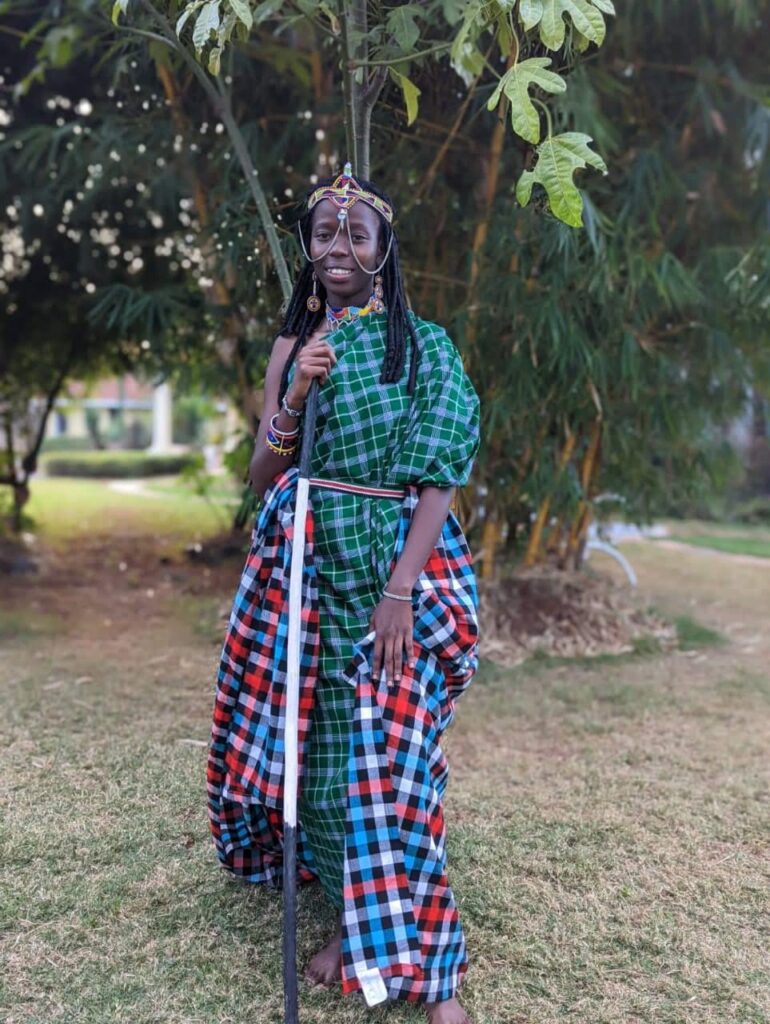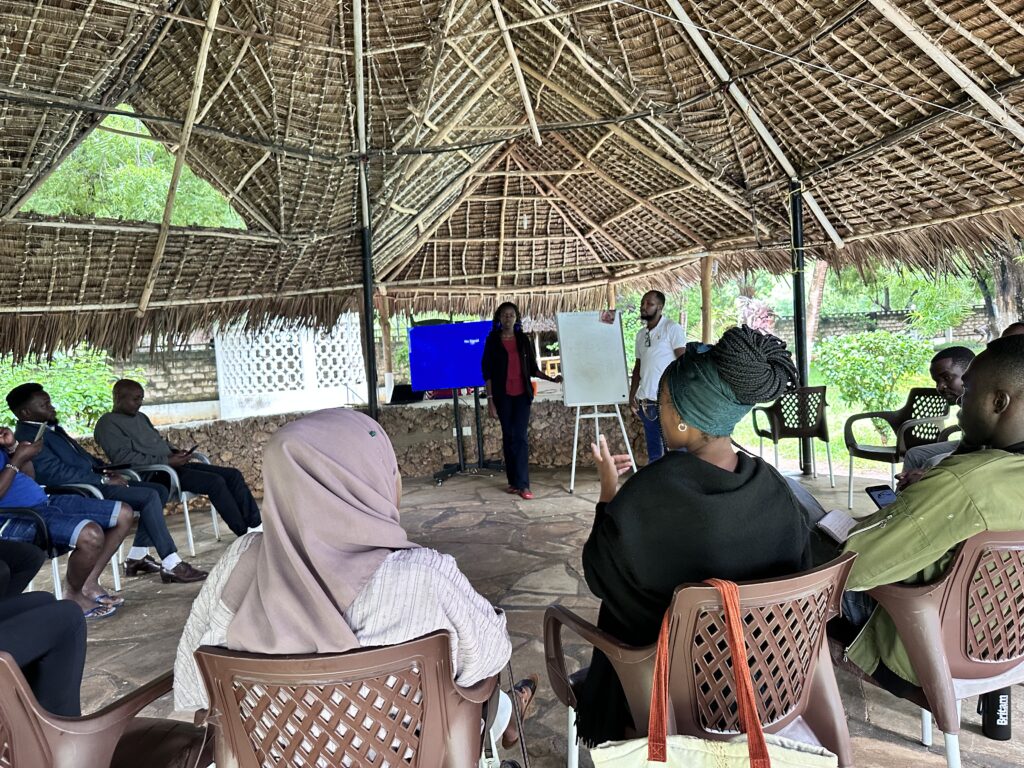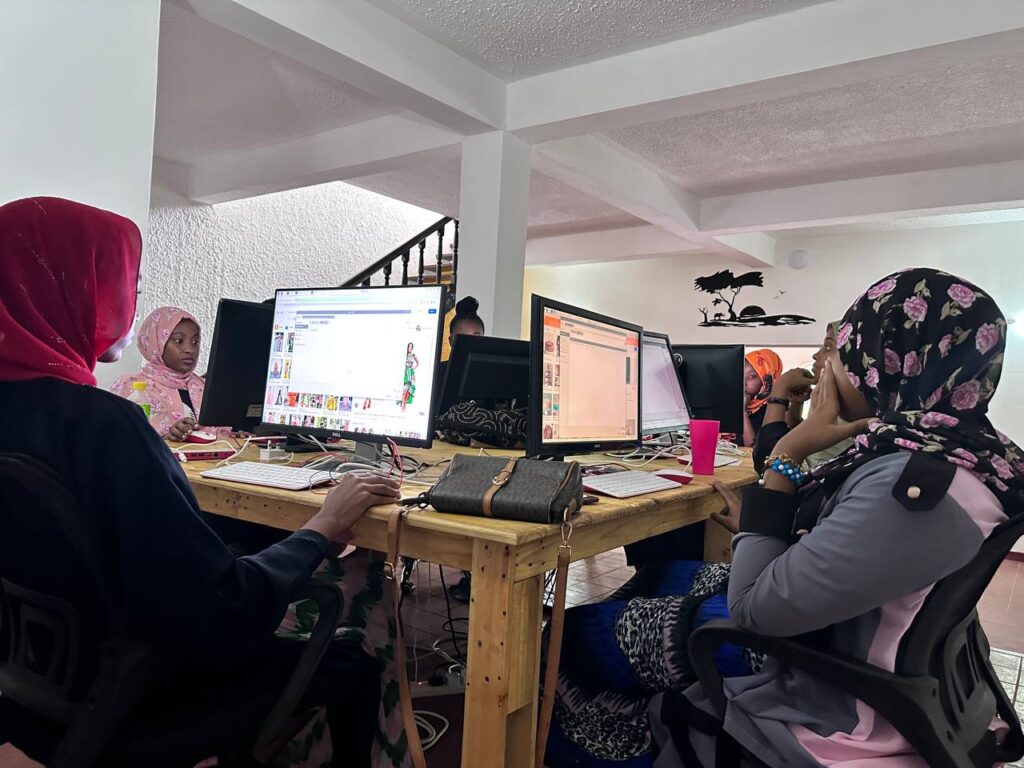What Happens When We Are Both Child and Parent?
The unexpected detours abandonment throws in our way Being abandoned is not just the act of one person leaving. At Least for my mother I was so young to understand but for my father, it really hit hard. What I’m about to share is the beginning of a series of actions that spread out like ripples in a pond, affecting other areas of my life and those around me. When my father abandoned us in July of 2013, I felt a series of emotions like aftershocks following an earthquake. A space opened up inside me where he once resided. That is his love, his attention, his jokes, and the sound of his laugh. All these things were suddenly gone and, in their place, sadness took hold and remains there until this day. But that was the easy part. The part that came in like a .45 caliber hollow point bullet ripping through flesh and what was left of it exiting, never to return or repeat. One and done. Now the healing can begin. What wasn’t as easy to see or imagine really, was that his loss would cause my life to change so fundamentally. I was a child, only fifteen when he left us, I’m the first born followed by 2 brothers. I was not ready to be an adult and more importantly, I was certainly not ready to be a parent and yet that is exactly what happened. I became both. A dichotomy that pulled me into a vortex of responsibilities I was ill-prepared to handle. The weight of our uncertain future rested on my young shoulders, a burden that whispered of adulthood I wasn’t ready to embrace. Yet, there was no choice but to grow up swiftly. The struggle to provide for my two younger brothers became a daily battle. I faced the daunting task of dropping out of school to secure their education, juggling odd jobs to put food on the table. Each day was a delicate dance between the roles of caretaker and provider, a precarious act of balancing survival with the longing for a childhood I never fully experienced. Paying rent was a stark awakening—a reminder that the safety nets of childhood were no longer there. My siblings looked to me for reassurance, and I became the voice of optimism, even when my own world was clouded with uncertainties. I learned to navigate the intricate dance of speaking hope while battling despair, promising a future I couldn’t guarantee. In the midst of this turmoil, emotional support was a rare commodity. I bore the weight of not only my struggles but also the emotional well-being of my brothers. The laughter that once came naturally transformed into a façade, a performance for a world that saw us as survivors but missed the silent cries behind our smiles. There were nights when the heaviness of it all threatened to consume me. The pressure to be the anchor for my siblings, coupled with the relentless grind for survival, led to moments of internal conflict. Thoughts of escaping this harsh reality lingered, but the love I held for my brothers anchored me to a world that seemed determined to break us. Then, a glimmer of hope appeared. A benevolent landlady offered us shelter, lifting the burden of rent and providing a momentary respite. It was a small reprieve, but in that sanctuary, I found the strength to finish my primary education, a feat that felt like conquering a mountain. As the journey led me to Turkana in search of my father, I realised that my story, though marred by adversity, was also one of resilience and unyielding hope. The weight on my shoulders transformed from a crushing burden to a testament of endurance, a story etched in the scars of a childhood lost and a family’s unwavering determination to survive. In sharing this narrative, I hope to shed light on the silent struggles many children face when forced to become both child and parent. May it serve as a plea for empathy, understanding, and support for those who, like me, have navigated the abyss between childhood and adulthood, seeking hope in the face of seemingly insurmountable challenges.



